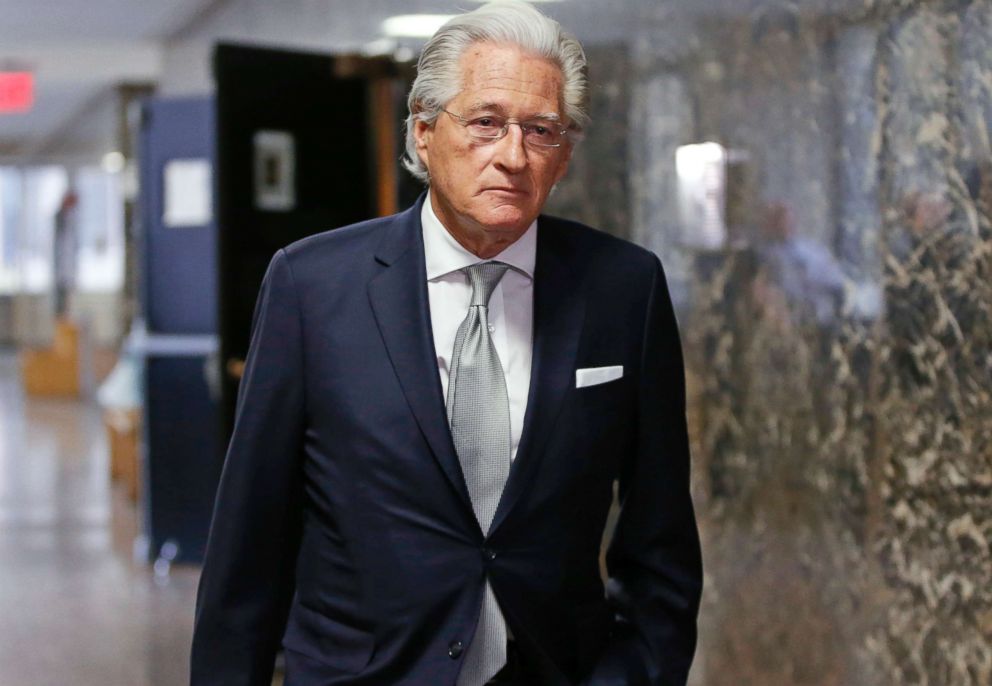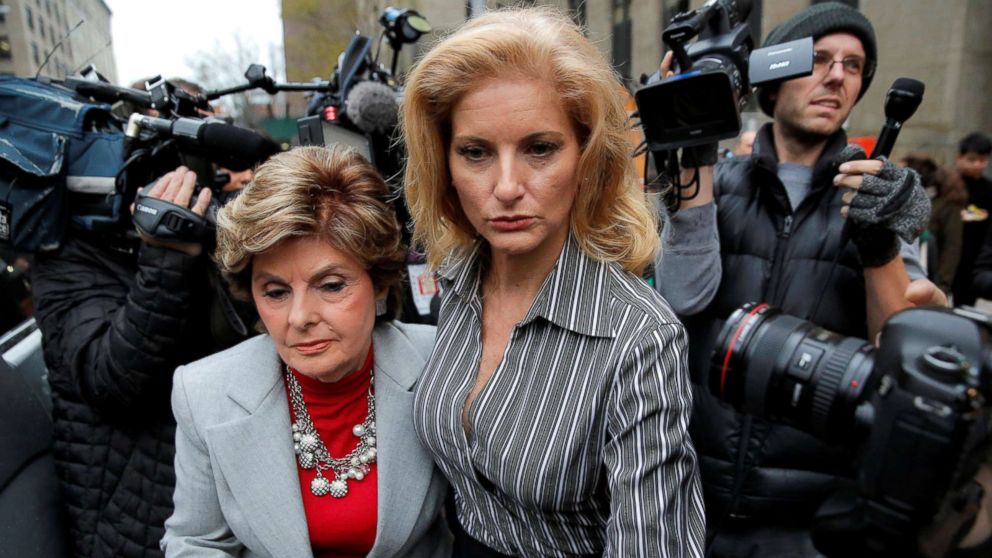Judge says Trump can be deposed in Summer Zervos defamation case
A judge ruled on Tuesday that President Donald Trump can be deposed in connection with a lawsuit brought by Summer Zervos, a former contestant on “The Apprentice” who accused Donald Trump of sexually assaulting her in 2007 and is now suing the president for defamation.
Judge Jennifer Schecter of the New York State Supreme Court set out a discovery schedule for the case, despite Trump attorney Marc Kasowitz’s attempts to delay the matter pending appeals.
The judge ordered that certain documentary evidence be produced by September 2018 and depositions of Trump and Zervos be completed by January 31, 2019. She also said depositions would be limited to seven hours per witness, meaning Trump could face a long day of questioning.
Attorneys for Trump and Zervos also sparred over the Trump campaign’s refusal to turn over any documents of other women who may have accused Trump of inappropriate behavior.

Zervos’ attorney Marianne Wang argued that the campaign inappropriately “drew a line” on that information and told reporters after the hearing that Zervos is trying to prove “the falsity of [Trump’s] statements, including his falsity about other women.” Kasowitz shot back that such information would be “irrelevant,” especially if these are “other women who are not claiming defamation.” The judge asked the parties to submit legal briefs on that issue.
The state court’s mid-level Appellate Division has already denied Trump’s request for a stay of the case while the Constitutional questions are decided, and Trump has appealed that ruling to a higher court.
Kasowitz has claimed that the Supremacy Clause of the US Constitution bars a state court lawsuit against a sitting president and said in court on Tuesday that “this issue will likely reach the United States Supreme Court.”
Zervos is asking for “special damages” of almost $3,000 plus damages for emotional harm and loss of business and for punitive damages.
The parties’ have agreed, however, to open negotiations concerning a limited protective order to keep some discovery confidential.




